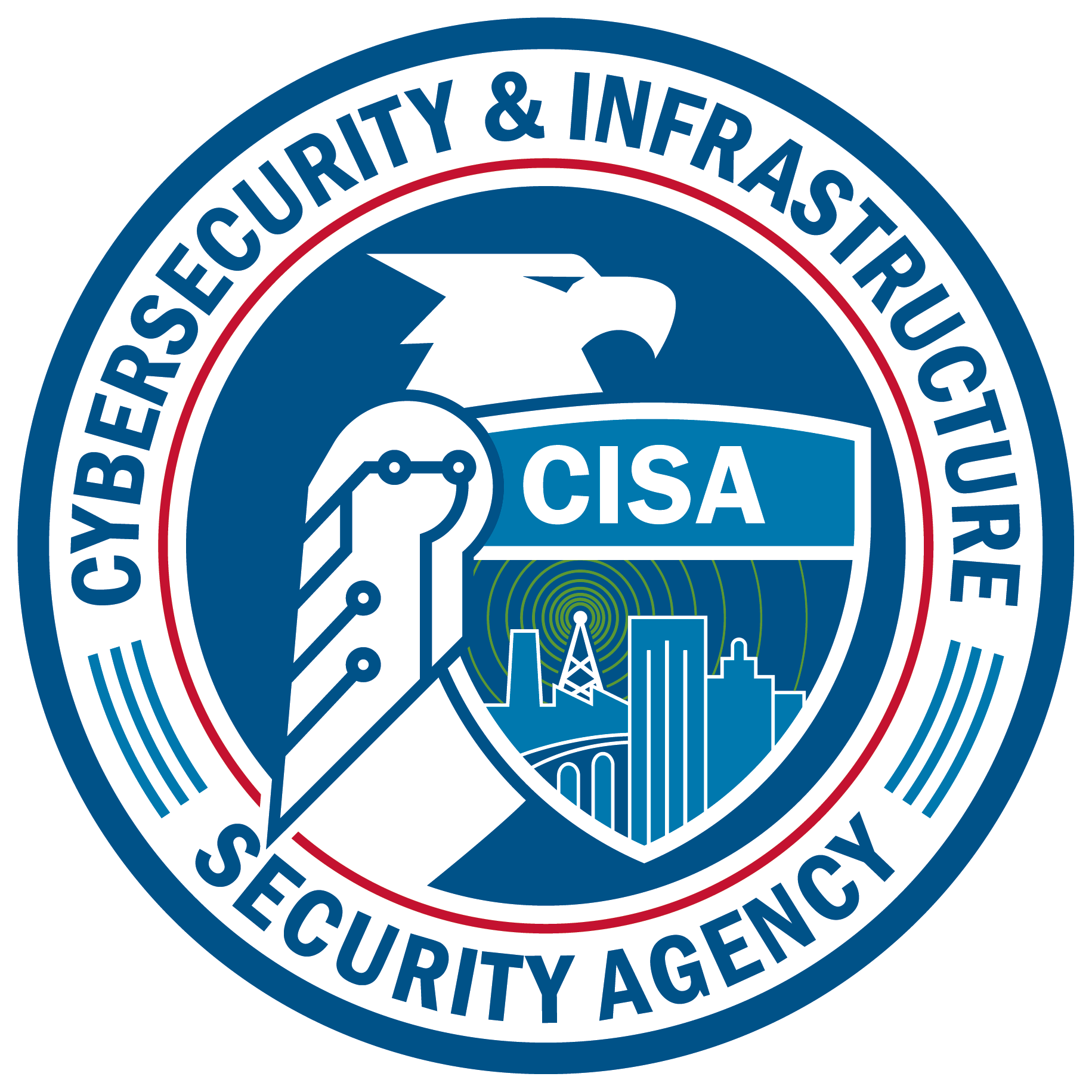Get help with requesting and managing your .gov domain. Contact us if you can't find answers to your questions.
-
Domain requests
Help with requesting a .gov domain
-
Domain management
Help with managing DNS information, domain managers, and more
-
Account management
Help with Login.gov and access to the .gov registrar
-
FAQs about .gov domains
Frequently asked questions about .gov domains

